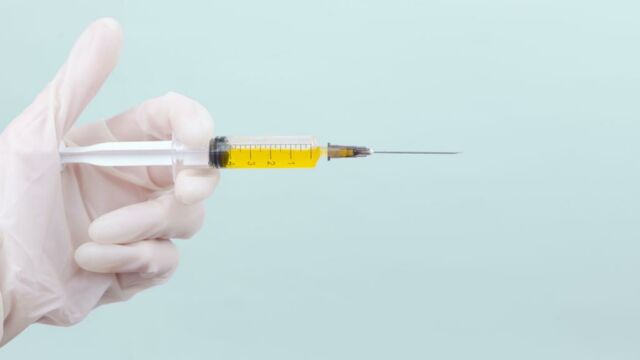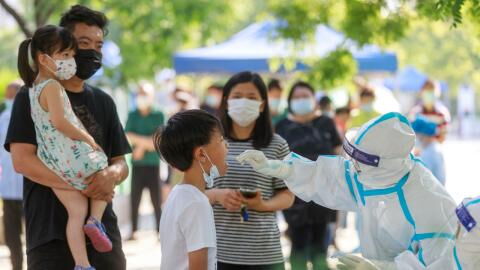According to a meta-analysis published in JAMA Network Open, more than a third of participants in COVID-19 vaccine clinical trials who received a placebo reported adverse events (AEs) such as headache and fatigue could be because of the nocebo effect. This makes 76% of all AE reports after the first dose incorrect.
Discover our latest podcast
When a trial participant experiences adverse effects or symptoms merely because they expect them to occur after taking a medicine or vaccination, this is known as the nocebo effect. Researchers from Boston's Beth Israel Deaconess Medical Centre (BIDMC) looked at 12 articles on randomised clinical immunisation studies involving 22,802 vaccine recipients and 22,578 placebo recipients published till July 14.
2 doses better than one
To determine the nocebo effect in COVID-19 vaccine trials, the researchers employed a ratio of reported AEs in the two groups. The research looked at different COVID-19 vaccines, such as mRNA, viral vector, and protein-based. After the first dose, 35.2% of placebo recipients reported systemic AEs, the most prevalent of which were headache and fatigue.
After the second dose, 16.2% reported headache and 14.9% fatigue. After the first dose, 46.3% of vaccine recipients reported at least one systemic adverse event. Systemic AEs were observed at lower rates in the placebo group but at higher rates in the vaccination group after the second dose. The authors of the study wrote,
The ratios between the placebo and vaccine AE proportions suggest that after the first vaccine dose, nocebo responses accounted for 76% of systemic AEs and 24.3% of local AEs.
The nocebo effect accounted for 51.8% of systemic AEs and 16.2% of local AEs after the second dosage. After the first dosage, the placebo and vaccine groups reported identical severity grades, but more vaccine recipients experienced moderate and severe AEs after the second dose.
Vaccine friendly
The researchers stated in a BIDMC press release that nocebo responses are typical in randomised clinical trials. According to Ted Kaptchuk, director of BIDMC's Program in Placebo Studies, the most prevalent AEs are included in the educational pamphlets given to vaccine trial volunteers. He confirmed,
Evidence suggests that this sort of information may cause people to misattribute common daily background sensations as arising from the vaccine or cause anxiety and worry that make people hyper-alert to bodily feelings about adverse events.
Our findings lead us to suggest that informing the public about the potential for nocebo responses could help reduce worries about COVID-19 vaccination, which might decrease vaccination hesitancy.















